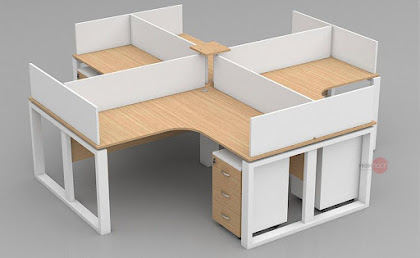Learning Counting Numbers and Counting Skills in Preschoolers
By testing his or her height and weight, you are undoubtedly in the habit of monitoring the development of your preschooler. But, how do you assess the growth of your child in other fields, such as learning counting numbers and early math skills counting?
Think of all the ways in which numbers and counting are part of the life of your child learning! You are ideally placed to observe and capture knowledge about the early math skills your 3- to 4-year-old child is learning counting numbers, from soapy toes in the bath to “get ready-set-go!” in the yard. The following questions and suggestions will help you understand what your child’s math knowledge and abilities should be and how you can encourage his growth.
Is your child acquiring age-appropriate for learning counting and numbering skills?
Knowing the numbers and counting skills that your child can learn by age 3 or 4 is beneficial. Check the list of milestones below and note how your child in each region is doing. My kid:
He is mindful of how learning counting numbers contribute to his life and the world around him and is fascinated about them.
At least five items can be accurately counted.
Might point to positions on a number line and count along the line with 1-to-1 correspondence (from left to right, right to left)
Know that the written number “3” means three things, and numerals 1–5 are the same.
You should add small numbers of recognizable objects and subtract them. For instance: “I’ve got three cookies.” You’ve got two. How much do we all get together?’
You should position written numbers (numbers) in the correct order, small to big, from 1 to 5.
You should count from one to 10 in the right order.
It knows the definitions of quantity (for instance, “more” and “less”) and scale (for example, “bigger” and “smaller”) and correctly uses those terms.
Encouraging learning counting numbers skills at home
You will improve and draw on these strengths so that you are conscious of some of the fundamental math skills and principles your preschooler should have. You will also improve your learning counting numbers skills at home. There are numerous ways you and your child will play during the day with numbers and counting for learning counting numbers. Here are some ideas to get you started for learning counting numbers:
Show your kid how real life relates to numbers and counting. Using numerical terms, point out numbers, and engage your child as you go about your day in counting tasks. For instance: Have your child support you calculate the number of cups or spoonful’s by weighing and counting the ingredients for a recipe. Speak about how more, fewer, greater and smaller items or numbers are, and make sure to compliment his efforts and his growth in math knowledge and learning counting numbers.
For hands-on counting, gather a number of resources your child may use. They all fit well with old keys, plastic bottle caps, and buttons. Pick them up in a bag or jar and choose a moment to count and re-count them over and over again. (Offer guesses on the total number of items for added fun, and see who comes closest.)
To play with addition, subtraction and “more” and “less” tasks, use objects from around the home.
Learn, tell stories, sing songs, and recite numerical and counting poetry. Aim to choose books in which, as the plot unfolds, people come and go.
Play basic board games that invite players to count board spaces, items used in the game, and to identify or represent written numbers (such as “dots on dice”).
Note: Make sure to send these tips along to the caregiver if your child has a daily babysitter or daycare provider.
Promoting learning Counting and numbers skills at preschool
The preschool classroom is packed with options for learning Counting and numbers skills to study and exercise. To improve expertise in this field, be sure to speak to your child’s teacher about formal teaching exercises. To keep track of the progression of your child in early math skills, you may want to:
Ask the teacher of your child what your child’s early math classes, sports, and exercises are exposed to and where your child is thriving or failing.
To ensure a smooth start to the kindergarten year, find out what early math skills your child will need to learn.
Look at the job and the tasks that your child from school takes home. Look for numbers and patterns and elements for counting and discuss them together.
Encourage your child to explore school and whether she considers numbers and counts curious numbers (or difficult).
Cause for concern?
Rest assured that for all preschoolers, “natural” growth of beginning math skills would not advance in precisely the same fashion. You will want to request assistance, however, if your child:
Has trouble with straightforward counting.
The one-to-one correspondence between numeric symbols and items/objects is not understood.
It does not appear to identify or note distinctions in scale, patterns, or forms.
Don’t know how math principles exist in real life, even though he or she is given instances.
Dislikes practices and games involving numbers and counting, and prevents them.
Chat with your child’s nursery teacher and pediatrician about your questions. You can contact the public school district to recommend (in writing) that a medical test (at no cost to you) be done if you are aware that your child might have a learning disorder or delay (available under the Individuals with Disabilities Education Act).
Source: The Soft Roots


Comments
Post a Comment